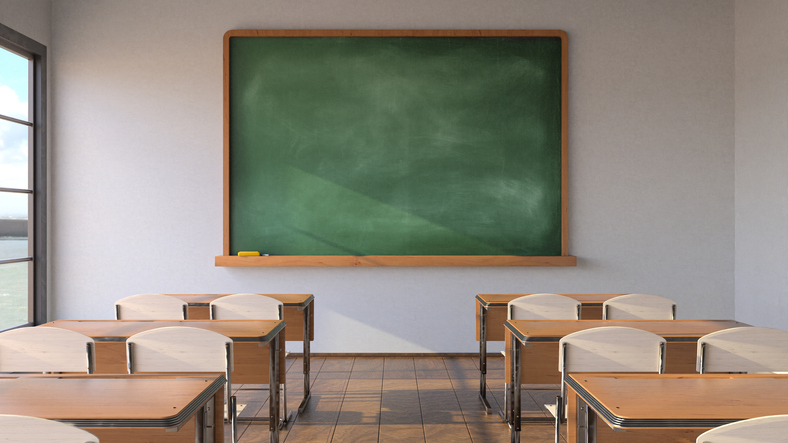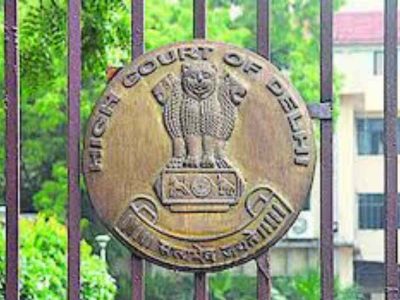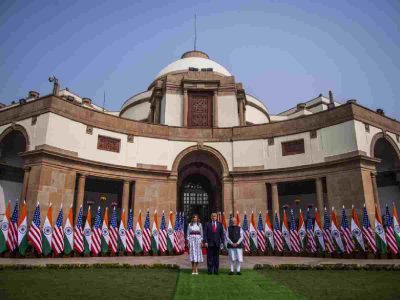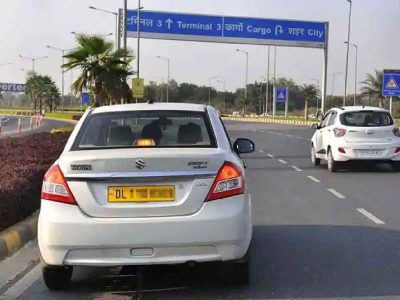Worried about the low attendance in schools, educators fear long-term adverse effects on students due to the absence of proper education
On 20 December, most private schools in the capital reopened after a long break. Students from class six onwards were allowed to attend physical classes. This happened after the Commission for Air Quality Management advised Delhi Government in a communication dated 17 December to reopen schools and colleges in the capital region. Shortly after this communication was released, the Delhi government gave the order to reopen educational institutes in Delhi-NCR.
According to the CAQM communication, children have been out of school for about two years due to the pandemic, leading to frustration among them and serious adverse effects on their studies. It was also highlighted that many are facing difficulties in accessing online classes due to connectivity issues.
However, it is not just the students but also the teachers who are looking forward to proper classes after the long break.
Hema Dutta, teacher of commerce at BVM Public school, Najafgarh, happily got ready for the school after a long break but the situation in school was contrary to her expectations. Talking with Patriot, she said, “I was thinking my class would be full but, there were only 8-10 students present in my class, which is 50% of the strength. I don’t know why students are not coming to school, even though we are following Covid-19 precautionary measures”.
When Patriot asked her how the irregularity in physical classes is affecting teachers, she replied, “We are handling both online and offline classes and this has increased the burden on us; seeing half-empty classes has a demoralising effect”.
When Patriot asked her if she had communicated with the parents as to why they were unwilling to send their kids to schools, she said, “I called some of the parents and they are not ready to send their kids yet, they are scared of pollution and the Omicron variant of the virus”.
To know more about this issue, Patriot talked with MS Rawat, General Secretary, Action Committee of Unaided and Recognised Private Schools and Chairman of Mayur Public School.
When we asked him how they are looking at reopening the schools in the capital he said, “We are happy about the opening of schools and we welcome this decision by the Delhi Government. Pollution and disease should not not be reasons for disruption at this juncture, because of more than a year-long lockdown we are witnessing obesity and psychological problems in students. Students are facing emotional problems and their understanding has gone down. When schools were closed, physical and sports activities were zero and for all-round development, holistic education is important. Without schooling, it is impossible to prepare a student thoroughly for the future.”

He added, “I am worried about the future of the nation. Basic foundation of students at primary level has been destroyed, they are not aware of what schooling, friends, teachers and blackboards are all about”.
When we asked him why parents are not sending their children to schools, he said, “Some parents are happy that schools have reopened while some are against it, I don’t know why they are not sending their kids to schools. Despite knowing that we are following all Covid related precautions. Schools in neighbouring states like Uttar Pradesh, Haryana, Punjab and Himachal have been open for the last few months and parents there are sending their kids to school, I don’t know why parents in Delhi are scared, we are responsible for what we have done to the environment and now it’s time for us to learn, how to live in this situation and how to deal with pollution and virus”.
While discussing the online and offline modes of education in schools, he said “online education cannot replace physical classes”.
Another fallout of the prolonged lockdowns is that parents can no longer afford to pay the fees of private school and are opting for government schools. This deprives private schools of revenue and puts a lot of pressure on government schools which are already overcrowded. Besides, children who are transferred will have adjustment problems.
At the foundation laying ceremony of a new building block of Government School in Maidangarhi, Deputy Chief Minister and Education Minister of Delhi Manish Sisodia had said that 2.7 lakh children had moved from private schools to government schools in the current academic session.
When Patriot asked a private school manager about how this opening, closing and shifting of students is affecting private schools, he said, “Our policymaking is adversely impacted, school buses have been standing idle for months. Many students have shifted to government schools after the pandemic and this is one of the reasons behind monetary fluctuations, many schools have taken loans to pay salaries and many have had to shut because of financial stress”.
Davinder Kaur, who teaches Hindi at Lt Col Mehar Little Angels Senior Secondary School, Paschim Vihar said, “Because the situation is in flux, students are not taking studies seriously, they are not regular in online classes, nor in physical classes”.
Harpreet Kaur, whose son Japneet Singh is doing matriculation at Kendriya Vidyalaya, Paschim Vihar said, “I am not sending him to school, pollution and winter are the main reasons, but I am also worried about the third wave. I know this is affecting his studies, but I can’t risk his life and even he is not ready to attend school”.
(Cover: Getty Images)





